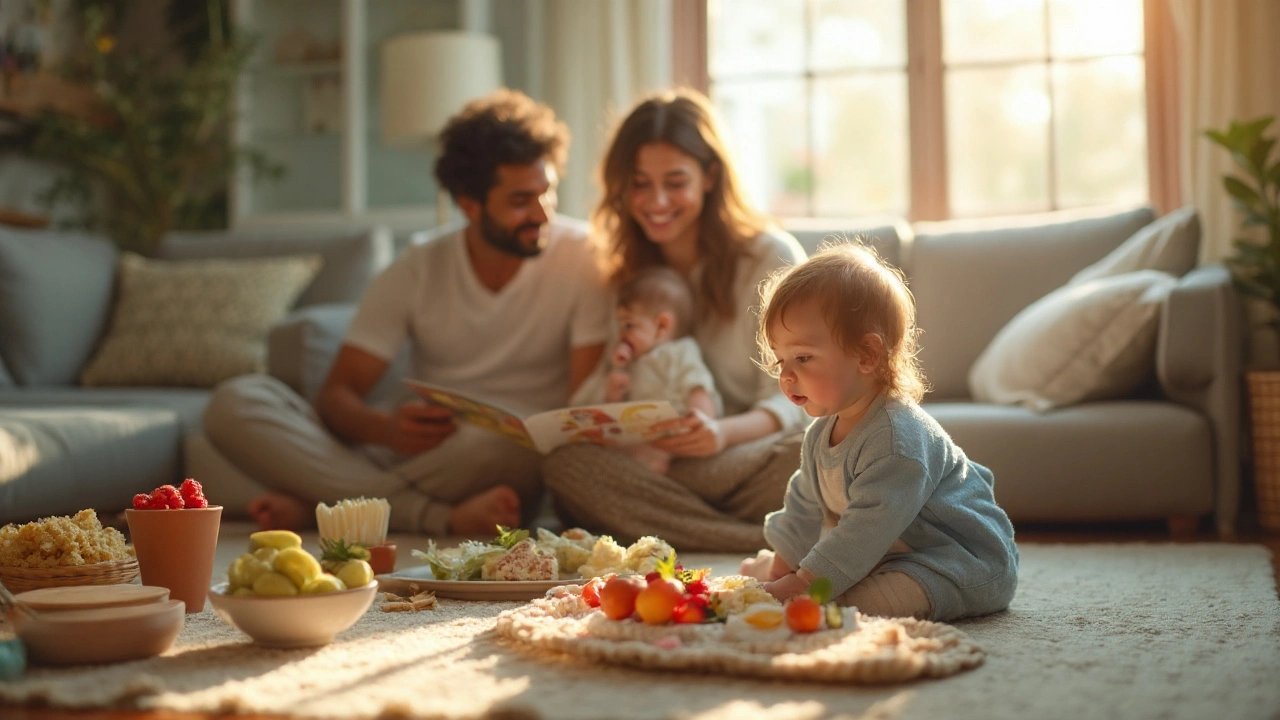Early Childhood Education: Practical Tips for Parents and Teachers
If you have a little one who’s curious about the world, you’re already on the right track. Early childhood education isn’t about fancy textbooks – it’s about everyday moments that turn into learning opportunities. Below you’ll find simple ideas that fit into a busy day, plus a few pointers on how to keep the momentum going.
Fun Learning Activities for Young Kids
Kids learn best when they’re having fun. A quick “color hunt” around the kitchen can teach shapes, colors, and vocabulary in minutes. Ask your child to find something red, something round, and something that makes a sound. When they bring the items back, name each one and let them repeat the words. This short game builds language skills and encourages observation.
Another easy activity is “story dice.” Write simple pictures on paper, roll them, and let your child create a story based on the images. This sparks imagination and helps with narrative structure. You don’t need special dice – a few paper slips work fine. Keep the focus on creativity, not accuracy.
Children love rhythm, so try a “clap‑and‑step” routine. Clap a pattern, have them copy it with their hands, then add a foot tap. Gradually increase the complexity. This improves memory, coordination, and listening skills, all while they’re giggling.
Building Strong Foundations at Home
Consistency is more powerful than a single big lesson. Set a short reading time each day – even five minutes matters. Choose books with vivid pictures and ask open‑ended questions like, “What do you think will happen next?” This encourages critical thinking and a love for reading.
Meals can become mini‑science labs. While cooking, talk about measurements, why water boils, or how seeds grow. Let your child help measure flour or stir a pot. Real‑world context makes abstract concepts concrete.
Don’t forget emotional learning. When your child gets frustrated, model how to name the feeling: “I see you’re upset because the tower fell.” Offer a simple strategy, such as taking a deep breath or trying again. Naming emotions builds self‑regulation, a key skill for school success.
Finally, keep a balance between guided activities and free play. Free play lets kids experiment, test limits, and discover interests on their own. You can set up a safe area with blocks, art supplies, and dress‑up clothes, then step back and watch the magic happen.
Early childhood education is a marathon, not a sprint. Small, consistent actions add up to big gains. Use these easy ideas, adapt them to your child’s interests, and watch confidence grow. Remember, the goal isn’t perfection – it’s fostering a love of learning that lasts a lifetime.
Infancy and Early Childhood Education: How the First 1,000 Days Shape Learning
From the first 1,000 days to nursery and reception: the science, practical steps, and UK choices that connect infancy with early learning success.
